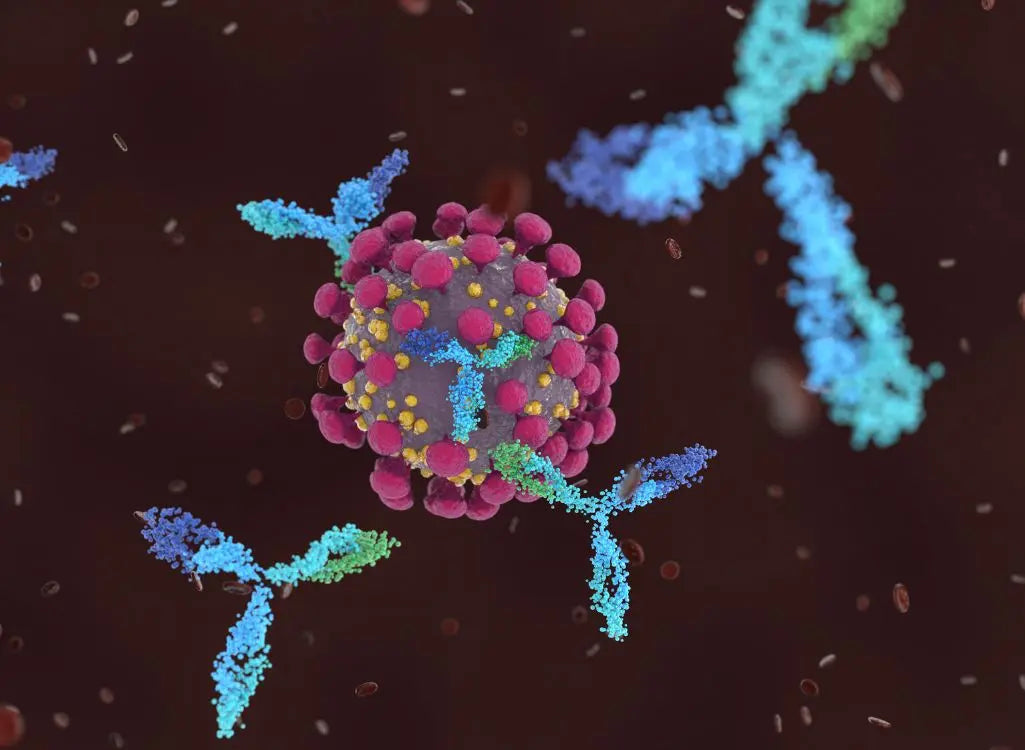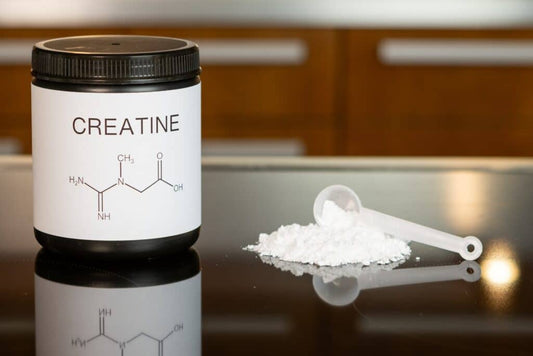Immune System Clues Shed Light on Persistent Long Covid Symptoms

In a groundbreaking study recently published in the journal Science, scientists have made a significant stride in unraveling the mysteries of long COVID. The research identified distinct changes in blood proteins that may hold the key to understanding why some individuals continue to experience lingering symptoms such as fatigue and pain.
The study, conducted over six months and published by Science, examined 113 COVID patients and 39 healthy controls. Notably, 40 patients developed characteristics associated with long COVID, prompting a closer examination of their blood samples. The findings unveiled a crucial pattern: these long COVID patients exhibited heightened activity in the complement system, a component of the immune system, long after their initial COVID infection.
The complement system, while designed to combat infections, appeared to remain excessively active in long COVID patients, leading to potential damage to healthy cells. Dr. Onur Boyman, a respected immunology professor at the University of Zurich and one of the study's authors, explained that this prolonged immune response could result in the system inadvertently harming healthy cells.
This persistent immune activation may be linked to the reported symptoms of long COVID, including brain fog, chest pain, stomach issues, and chronic fatigue. Dr. Akiko Iwasaki, a professor of immunobiology and molecular, cellular, and developmental biology at the Yale School of Medicine, emphasized that the resulting tissue damage and microclots in the blood could impact the delivery of oxygen and nutrients to various organs, contributing to the prolonged symptoms.
Dr. Monica Verduzco-Gutierrez, chair of rehabilitation medicine at the University of Texas Health Science Center at San Antonio, praised the study as a substantial leap forward in understanding the virus. She highlighted the significance of comprehending the mechanisms behind long COVID, stating that it is integral to developing effective treatments for individuals grappling with persistent symptoms.
This study carries immense potential, with its findings paving the way for future diagnostic tests and targeted treatments for long COVID. As approximately 14% of adults report experiencing long COVID, according to data from the U.S. Census Bureau’s Household Pulse Survey, the insights gained from this research may offer much-needed relief and hope for those affected by this perplexing condition.

Amidst the quest to alleviate long COVID, the study sheds light on the potential role of immunotropic supplements, which could be considered as an option. Boosting the immune system emerges as a promising pathway towards a lifetime of health. Dr. Monica Verduzco-Gutierrez, chair of rehabilitation medicine at the University of Texas Health Science Center at San Antonio, praised the study as a substantial leap forward in understanding the virus. She highlighted the significance of comprehending the mechanisms behind long COVID, stating that it is integral to developing effective treatments for individuals grappling with persistent symptoms.
This study carries immense potential, with its findings paving the way for future diagnostic tests and targeted treatments for long COVID. As approximately 14% of adults report experiencing long COVID, according to data from the U.S. Census Bureau’s Household Pulse Survey, the insights gained from this research, combined with the consideration of immunotropic long Covid supplements, may offer much-needed relief and hope for those affected by this perplexing condition.



